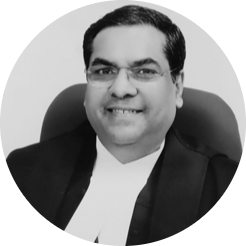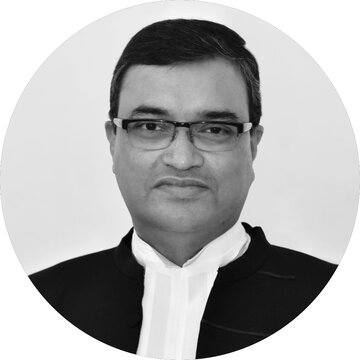VVPATs for Voter Verification
Association for Democratic Reforms v Election Commission of India
Citation: 2024 INSC 341
The Supreme Court rejected petitions seeking 100 percent vote verifications through VVPATs to cross-check votes cast through EVMs
Decided
Parties
Petitioners: Association for Democratic Reforms
Lawyers: Advocate Prasanth Bhushan
Respondents: Election Commission of India
Lawyers: Senior Advocate Maninder Singh
Case Details
Case Number: W.P. (C) No. 434/2023
Next Hearing: April 18, 2024
Last Updated: October 15, 2024
Case Description
Voter Verified Paper Audit Trail (VVPAT) is an independent vote verification system introduced in 2013. Ensuring electoral transparency, it allows a voter to see whether his vote was cast correctly. A VVPAT machine which is connected to an Electronic Voting Machine (EVM) generates a paper slip that the voter can view for seven seconds and then dropped in a sealed box. The paper slip contains a serial number, the names of the candidate for whom the vote is cast along with their party symbol. This box can be opened to tally votes in case of any dispute. VVPATs with EVMs were used for the first time in a bye-election from 51-Noksen Assembly Constituency of Nagaland.
Currently, VVPAT verification is mandatory in five randomly selected polling stations in a constituency. In March 2023, Association for Democratic Reforms (ADR) filed a Public Interest Litigation at the Supreme Court stating that the current system was insufficient.
The petition also seeks for the Court to declare that every voter has a fundamental right to verify that their vote has been “recorded as cast” and “counted as recorded”. To this end, they ask for the VVPAT slips to be placed in the sealed box by the voters themselves.
The ECI in its response contended that VVPATs from five randomly selected polling stations per Assembly segment, amounted to 20,600 EVM-VVPAT systems in total. This exceeded the Indian Statistical Institute’s recommendation of 479.
Further, they stated that no discrepancies were found on EVMS despite checking 38,156 VVPATs in Lok Sabha and Assembly elections. However, human errors like non-deletion of mock poll votes would lead to discrepancies. The ECI also cautioned against 100% verification, citing logistical challenges and potential human error. Additionally, it highlighted that in view of the ongoing preparatory work for the upcoming Lok Sabha Elections in 2024, last-minute protocol changes would create technical challenges for the Commission.
Previous decisions on VVPAT voter verification
Previously in Subramanian Swamy v Union of India (2013), the Court held that VVPAT paper trails were an essential part of the election process. “Paper trail” is an indispensable requirement of free and fair elections, as voter confidence in the EVMs can be achieved only with the introduction of the “paper trail”. EVMs with VVPAT system ensure the accuracy of the voting system. With an intent to have fullest transparency in the system and to restore the confidence of the voters, it is necessary to set up EVMs with VVPAT system because votes are nothing but an act of expression, which has immense importance in a democratic system,” the Court held.
After Subramanian Swamy, the ECI framed a manual on EVMs and VVPATs. Regulation 16.6 of this manual stipulated that one randomly selected polling station in each Assembly Segment or Constituency shall undergo mandatory verification of VVPAT slips.
Almost seven years later, in N Chandrababu Naidu v Union of India (2019), the Court increased the mandatory VVPAT verification from one to five polling booths in each Assembly Segment.
Journey at the Supreme Court
ADR first mentioned its case before a Division Bench led by Justice Khanna in July 2023. The Bench however refused to grant an urgent listing for the case. After months of lying in limbo, a Bench comprising Justices Khanna and Dipankar Datta heard the case on merits on 16 April 2024, two days before the commencement of the first phase of the 2024 General Elections.
On 26 April 2024, the Bench unanimously rejected ADR’s plea seeking 100 percent VVPAT verification of votes cast on EVMs.


